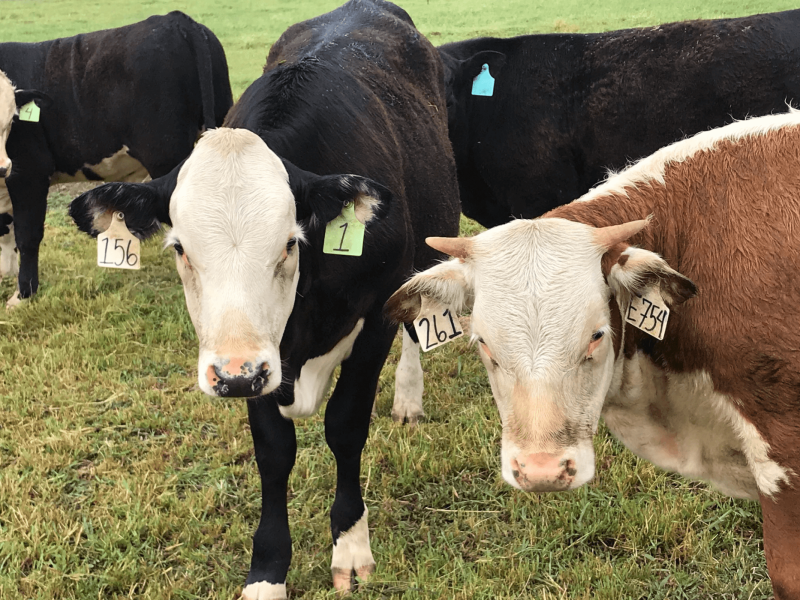Some bureaucrats in the Trump administration seem not to have gotten the memo about deregulation being good for innovation, the economy, and public health. Far from deregulating, FDA Commissioner Dr. Scott Gottlieb has doubled down on his agency’s failed policy toward …. the production of genetically engineered animals.
In May, he publicly embraced the Obama administration’s proposed expansion of the agency’s ill-conceived 2009 policy for the regulation of such animals to include the use of …. gene editing techniques such as CRISPR-Cas9 ….
…
In a 2009 guidance document, FDA announced that the tiny snippet of introduced DNA used in the molecular genetic engineering of an animal would be considered a “new animal drug,” and therefore require the animal to be reviewed as such under the Federal Food, Drug, and Cosmetic (FD&C) Act — even if it was intended to be used neither as food nor as a source of a drug.
…
On this issue Gottlieb should take note of the analysis of his “senior science and regulatory advisor,” Randall Lutter, who while the FDA deputy commissioner in 2009 supported the “new animal drug” guidance, but in June of last year described it — as well as the substance of Gottlieb’s proposed expansion of its scope — as a failed policy ….
Read full, original article: FDA Doubles Down On Failed Animal Biotechnology Regulation































